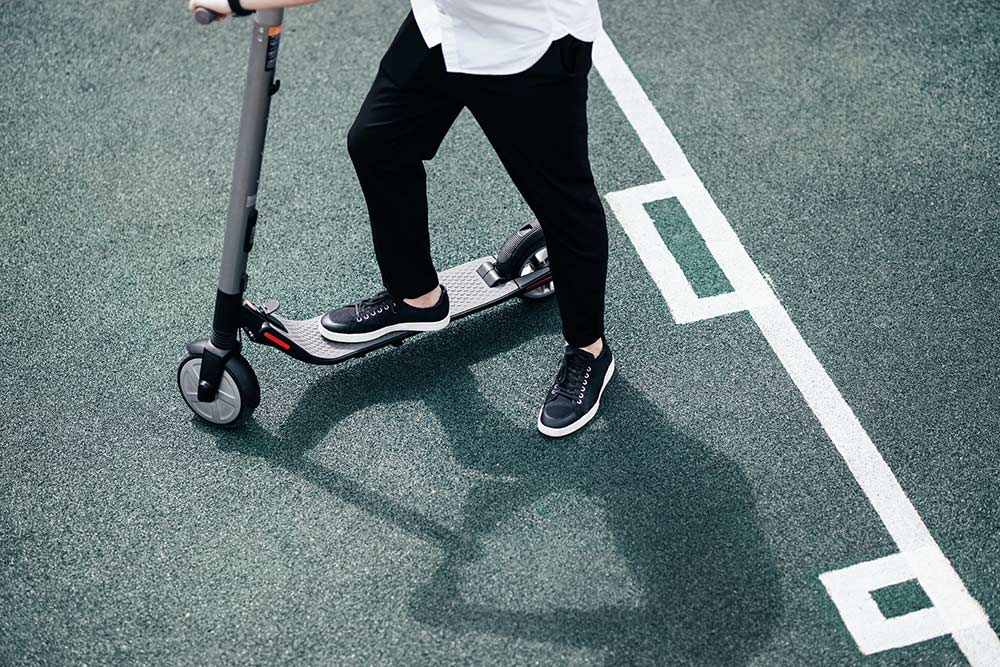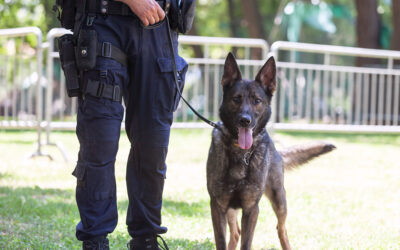New Trend Classed As Dangerous Goods

Electric scooters with lithium batteries have been selling like hot cakes this year and businesses are now coming to terms with the dangerous goods requirements associated with them.
Electric scooters with lithium batteries have been selling like hot cakes this year and businesses are now coming to terms with the dangerous goods requirements associated with them.
Moving the scooters domestically or internationally presents a range of challenges to manufacturers, distributors, retailers and consumers, as they fall within the scope of dangerous goods regulations, if transported with a battery.
Dangerous goods regulations aside, the general safety of the scooters has been much debated, as they travel at speeds of around 15-25 mph, which is seen as a threat to pedestrians and road users.
Lithium batteries is probably one of the most misunderstood areas of dangerous goods as they are classified as a miscellaneous hazard – class 9 – and the rules have changed frequently over recent times.
Internationally, if scooters are sent by air freight they require hazard labelling and the completion of a shipper’s declaration. While for ocean freight and road freight, there are some exemptions from marking, labelling and placarding, but the dangerous goods note will be needed for most sea shipments.
For further details on how to move lithium batteries and the regulations involved, please do not hesitate to contact us.
Follow Us
Stay up to date with our news and articles on social media
Contact Us
Tel 01675 466521
Email
sales@dangerousgoodspacking.com
Dangerous Goods Logistics
Dangerous Goods Compliance
Related Articles
Dogs That Can Detect Lithium Batteries
The detection of lithium batteries using dogs is being pioneered in France, and is expected to roll out globally following a successful six-month trial.
Felixstowe & Liverpool Strike Update
Workers at the Port of Felixstowe are due to start an eight day strike starting from this weekend and now Liverpool dock workers have voted for industrial action too.
New Lithium Battery Rules For Air Cargo
From 1st April 2022, new IATA regulations have once again been introduced for the movement of lithium batteries by air. These changes were buried in the IATA DG Regulations.




